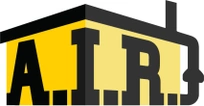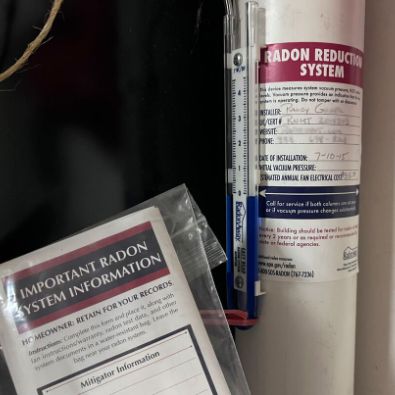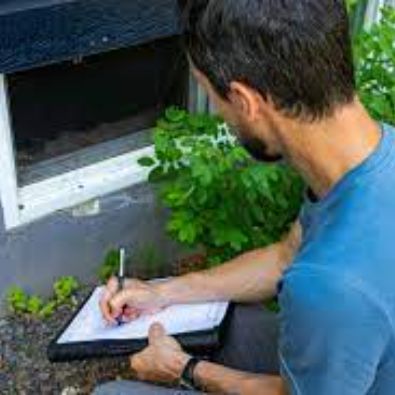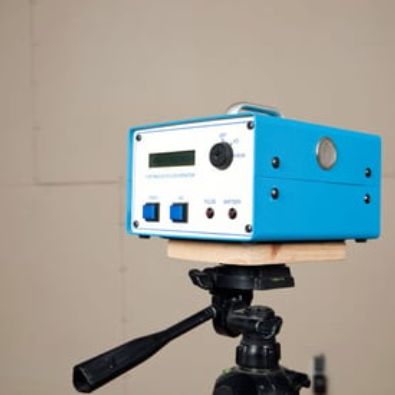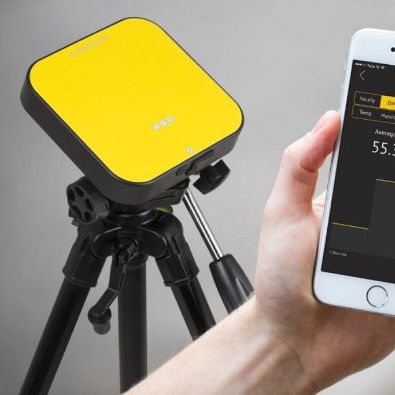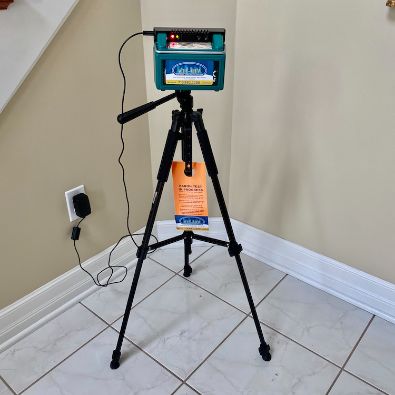Radon Testing & Inspection
Call Now! Schedule Your Radon Testing & Inspection 319-231-4018
Radon is a naturally occurring, odorless, and colorless gas that can be found in the soil and rocks beneath homes in Crocker, Iowa. It is a known carcinogen and can cause serious health problems if it is not properly tested and inspected. That is why All Iowa Radon is dedicated to providing the highest quality radon testing and inspection services in the area.
Radon is the second leading cause of lung cancer in the United States, and it is estimated that 1 in 15 homes in the United States have elevated levels of radon. In Crocker, Iowa, the risk of elevated radon levels is even higher due to the area’s geology. All Iowa Radon is committed to helping homeowners in Crocker, Iowa protect their families from the dangers of radon.
All Iowa Radon offers a variety of radon testing and inspection services, including short-term and long-term testing, as well as radon mitigation services. The company’s experienced technicians use the latest technology to accurately measure radon levels in homes and provide detailed reports of their findings. All Iowa Radon also offers radon mitigation services, which can help reduce radon levels in homes and protect families from the dangers of radon.
At All Iowa Radon, we understand the importance of radon testing and inspection in Crocker, Iowa. We are committed to providing the highest quality services to ensure that homeowners in the area are protected from the dangers of radon. If you are a homeowner in Crocker, Iowa, contact All Iowa Radon today to learn more about our radon testing and inspection services.
Crocker, Iowa is a small town located in the southwestern corner of the state. It is part of the Des Moines–West Des Moines Metropolitan Statistical Area. The population of Crocker was estimated to be just over 500 in 2020. The town was founded in 1854 and was named after the Crocker family, who were early settlers in the area.
Crocker is home to the Crocker Historical Society, which was established in 1975. The society is dedicated to preserving the history of the town and its people. The society has a museum and library, which houses artifacts and documents related to the town's history.
Crocker is also home to the Crocker Art Gallery, which was established in 1978. The gallery features works from local and regional artists, as well as traveling exhibitions. The gallery also hosts workshops and classes for the community.
Crocker is home to the Crocker Public Library, which was established in 1891. The library offers a variety of services, including books, magazines, newspapers, and audio-visual materials. The library also offers computer access and internet access.
Crocker is home to the Crocker Community Center, which was established in 1975. The center offers a variety of activities and programs for the community, including sports, arts and crafts, and educational programs. The center also hosts special events throughout the year.
Crocker is home to the Crocker Country Club, which was established in 1891. The club offers a variety of activities, including golf, tennis, swimming, and dining. The club also hosts special events throughout the year.
Crocker is home to the Crocker Farmers Market, which was established in 1891. The market offers a variety of locally grown produce, as well as other products from local vendors. The market is open from May through October.
Crocker is a small town with a rich history and a vibrant community. It is a great place to live, work, and play.
Local Radon Testing & Inspection Experts Call NOW! 319-231-4018
The History of Radon in Crocker, Iowa
Crocker, Iowa is a small town located in the southeastern corner of the state. It has a population of just over 1,000 people and is known for its rural charm and friendly atmosphere. The town has a long history of mining and industrial activity, and this has led to the presence of radon in the area. Radon is a naturally occurring radioactive gas that can be found in the soil and rocks of many areas, and it can be dangerous to human health if it accumulates in high concentrations.
Radon was first discovered in Crocker in the early 1900s, when miners began to notice a strange odor in the air. This odor was later identified as radon, and it was determined that the gas was coming from the nearby coal mines. The miners were exposed to high levels of radon, and this led to an increase in lung cancer cases in the area. In response, the state of Iowa began to take steps to reduce the amount of radon in the air, and this included the installation of ventilation systems in the mines.
In the years since, the state of Iowa has continued to monitor the levels of radon in Crocker and other areas of the state. The state has also implemented a number of regulations to ensure that the levels of radon in the air remain at safe levels. In addition, the state has also provided resources to help homeowners test for radon in their homes and take steps to reduce the levels if necessary.
Today, Crocker is a safe and healthy place to live, and the levels of radon in the air are well below the levels considered to be dangerous. The town has come a long way since the early days of mining, and the state of Iowa has done a great job of ensuring that the air in Crocker is safe for everyone.
Contact Us For A Free Quote!
Our team of experts is ready to provide you with personalized guidance and deliver exceptional results.
